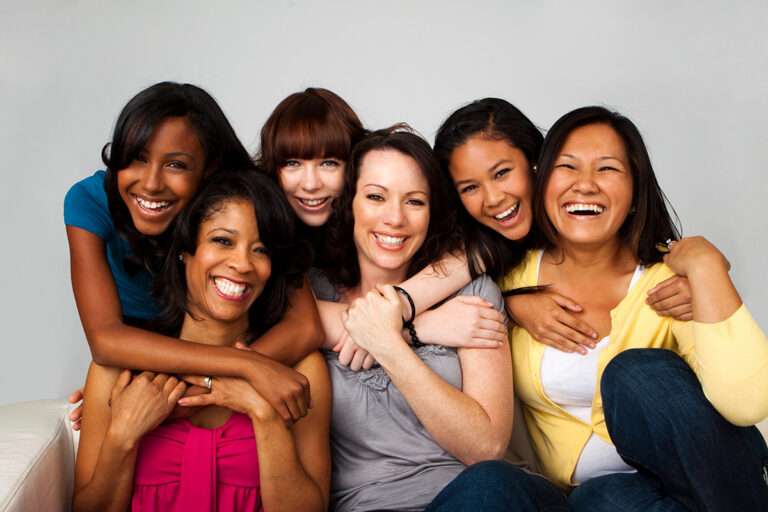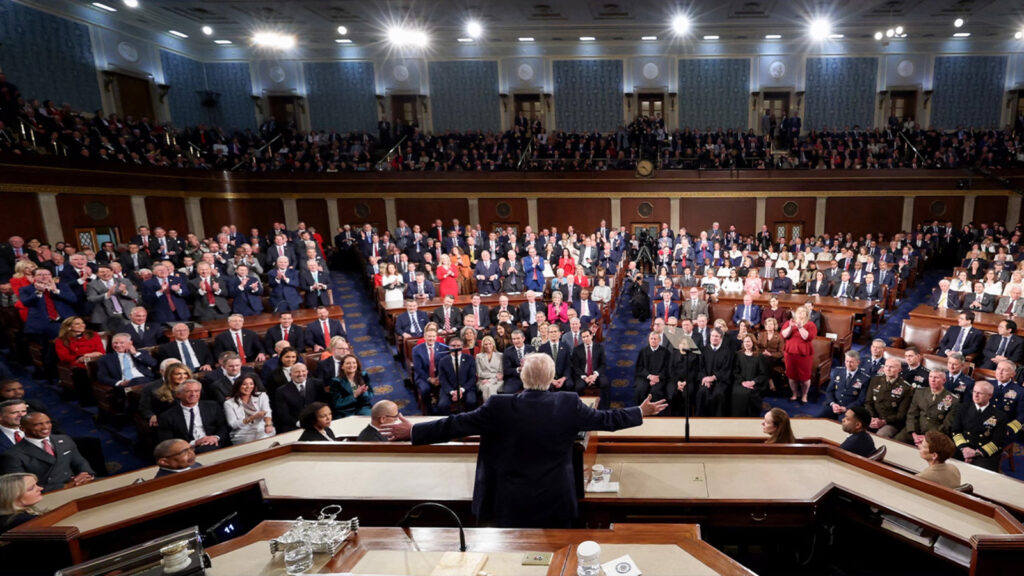Women in classical literature have been portrayed as ‘a weaker sex’; ‘a subordinate sex’; a passive sex and what have you. These views have been supported and sustained over time, chiefly by biological characteristics of men. Besides, gender/cultural role that have been assigned to women over ages have equally made women to accept the subordinate status to men; hence, women have continued to perceive themselves as a weaker sex.
In any case, women over time have come to terms with these views on the premise of biological, cultural, and biblical narrative and paradigm which have further made women to truly believe in a subordinate position relative to men. ‘A man is the head of the home’; a man is the bread winner of the home’; a woman is the home maker as well as care giver’. These are the orientations given to both sexes over ages; and gender socialization of young ones has been along these cultural beliefs and values. Although, the physical attributes of men shows that men are stronger than women; and can better withstand any environmental threats. In which case, men have the capacity to provide security for the home against any intruder or predator. However, in contemporary society of today, the narrative is beginning to change; the family institution as a result of industrialization and family diversity has continued to witness a dramatic change in cultural/gender role played by both men and women. For example, studies have shown that there has been an increase in the number of single parent families; marriages in which both partners work, or in which the woman is the main earner is no longer a stigma; in fact, family is becoming symmetrical with both parents working inside and outside the home.
With the sex role limited to procreation, however, which in fact, has been assigned to both sexes by nature, and of course, which cannot be contested like gender role which stem from cultural beliefs and values of a society. It is worthy to note that cultural beliefs and values though vary from one society to another; just like social experience of gender, cultural universals still exist. Such as marriage, which also varies in form; training of young ones; and burial rites with the expression of grief. Gender role is therefore, a set of cultural expectations from both sexes which is prescriptive. For example, in some societies, a woman is not expected to work as a Gold smith neither is she expected to be a gate woman who ensures the security of a place. Contrastingly, in some non-literate societies of the past, women have been found to be hunters and warriors; and have even been legendary warriors i.e. Queen Amina of Zazau; Efunsetan Aniwura of old Oyo Empire, to mention but a few are good examples. What can be deduced from the above examples is that; gender role is not static; rather, gender role is dynamic. It can change with time and when the beliefs and values of a people or society change, for example, by diffusion: a cultural trait spreading from one social unit to another or when a people or a society feels that a particular belief or value is worthy.
However, there is no gainsaying the fact that, women in today’s contemporary society are beginning to make a rethink of the socio-historical narrative, engendered by cultural beliefs and values which has explained women’s role as expressive, passive and subordinate over ages. Radical feminist thinkers, however, who are predominantly women, have been championing the rethink on the need for radical restructuring of gender role. This strand of feminism like other feminist strands has been able to identify what has made women to be victim of gender inequality separate from class, as opposed to the position of Marxist Feminists, who uphold that, economic position of women has made women vulnerable to men’s exploitation of women. Patriarchy, according to radical feminists, has been strongly identified to be the principal factor responsible for economic, social and political domination of women. Hence, women have been easily exploited and discriminated against; and capitalism has been found to be responsible. And, for Marxist feminists, ideology has been the tool for the maintenance of women’s domination and male power. Although liberal feminists still believe that change is very possible within a capitalist society over time. They advocated that proper education and enlightenment of women on the awareness of their domination and oppression will go a long way to eliminate all forms of oppression and exploitation of women: thus who holds power and who does the labour are the corner stone of their stand point. Marxist Feminists have also held on to the view that, the ever increasing rates of divorce are a concomitant effect of the displeasure of many women. This infact has made women subordinate to men; and at the same time limited their ability to develop their God given talents and potentialities. This presupposes that women are always at the receiving end of marital divorce. In fact, studies have also revealed that there has been an increase in the number of reconstituted families where one or both of the parents have remarried. Similarly, the family of husband, non working wife and children is equally on the increase.
With that being said, between 1970 and 1980 precisely, feminist thinkers were greatly concerned with the kind of education women and girls were exposed to. This was because women and girls took different subject at school and Ofcourse; got employments that were lower paid and had lower status. In fact, women and girls never had the same opportunity. In a strong bid to eliminate gender inequality through education and awareness, women and girls’ enrolment in school have been given a high priority in contemporary times. Though over the years, women and girls’ experience of school have been different from that of men and boys. In the 19th century, for example, women and girls were mainly educated to either become knowledgeable companions for men. This was especially true of the middle class. Contrastingly, working class women and girls were mainly taught in cooking, needle work and in other domestic chores. In Britain, for example, the Queens College which was the first women’s higher education college was established to train governesses. Infact, women were not permitted to undergo a college degree course at the University of London not until 1878 and at Oxford until 1920, and of course, at the University of Cambridge until 1948. The implication is that, the 19th century marked the turning point for women and girls. Feminist thinkers have indeed attributed the hitherto discrimination to the ideas men and boys held about women and girls. These ideas or notions include among others; women and girls do not need good education because they are mothers and housewives to be; too much education for women and girls is never good for their feminist nature; and worst of it all, is that, women and girls have lower intelligence than men and boys. The age long stereotype has been favorable to men and boys as they have been able to justify their getting the best education and best jobs for themselves.
However, studies have also shown that women and girls received less attention from teachers than men and boys; teachers did not expect women and girls to do well as men and boys; teachers also did not think careers were important for women and girls; and worst still, many teaching materials have tended to be sexist in nature. With the current awareness and education of women and girls in contemporary times on gender issues in schools, teachers and schools are also beginning to be aware of the stereotypes; and have been attempts to treat women and men the same in order to ensure equal opportunities for both sexes. Similarly, changes in employment and expectations from employment have continued to make women and girls to develop higher expectations by getting qualifications and embarking on a wide range of careers. This, in effect, has been a laudable achievement for women and girls, which indeed has been very remarkable when compared to some years back when the only thought that come to the mind of women and girls was to get married and become nursing mothers to their children.
Today, women no longer see some careers as exclusive preserve of men and boys; they have been doing jobs and engaging in occupations that hitherto were exclusive preserve of men and boys.
Valentine Oyedipe



























